News
-
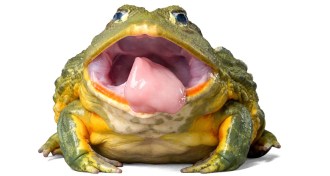 Animals
AnimalsWhat gives frog tongues the gift of grab
Here’s what puts the grip in a frog’s high-speed strike: quick-change saliva and a tongue softer than a marshmallow.
By Susan Milius -
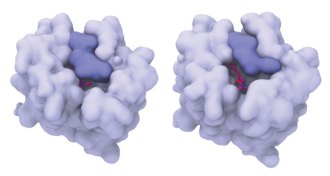 Chemistry
ChemistryLSD’s grip on brain protein could explain drug’s long-lasting effects
The newly discovered structure of a human serotonin receptor linked to LSD could reveal why the drug’s hallucinogenic effects last so long.
By Meghan Rosen -
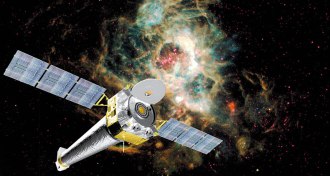 Physics
PhysicsPossible sign of dark matter shows up again
Excess of X-rays could indicate decaying sterile neutrinos.
-
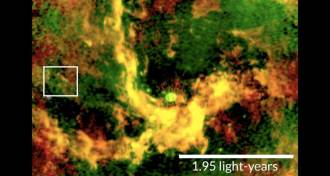 Astronomy
AstronomyConditions right for stars, planets near Milky Way’s supermassive black hole
Four clouds of gas near the galactic center have roughly the right mass to be young stars, possibly with planets.
-
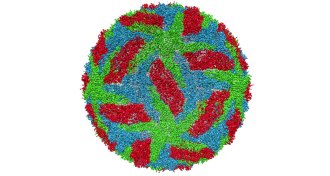 Health & Medicine
Health & MedicineRogue antibody linked to severe second dengue infections
Alternate antibody may indicate whether someone is susceptible to severe dengue disease.
-
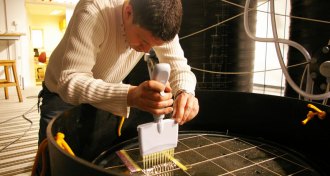 Oceans
OceansClimate change may boost toxic mercury levels in sea life
Increased runoff to the ocean due to climate change could raise neurotoxic mercury in coastal sea life by disrupting the base of the food web.
-
 Anthropology
AnthropologySnooze patterns vary across cultures, opening eyes to evolution of sleep
Sleep plays out differently across cultures, but a consistent cycle of z’s and activity appears crucial.
By Bruce Bower -
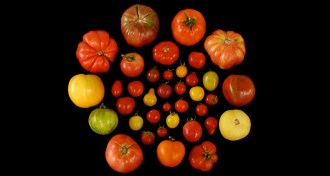 Plants
PlantsBig genetics study blazes path for bringing back tomato flavor
Combining taste tests with genetics suggests what makes heirloom varieties tastier than mass-market tomatoes.
By Susan Milius -
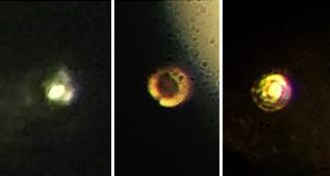 Physics
PhysicsNew claim staked for metallic hydrogen
Scientists report transforming hydrogen into a metal at high pressure, but some experts dispute the claim.
-
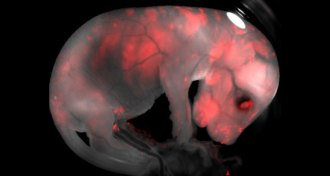 Life
LifeMouse cells grown in rats cure diabetes in mice
Mixing cells of two species produces pig and cattle embryos with some human cells.
-
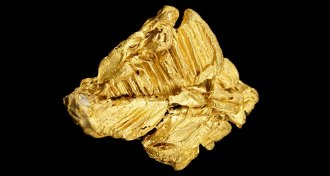 Physics
PhysicsChemists strike gold, solve mystery about precious metal’s properties
A longstanding puzzle about gold’s properties has been solved with more complex theoretical calculations.
-
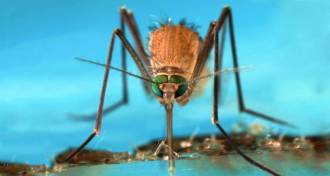 Life
LifeWhat a mosquito’s immune system can tell us about fighting malaria
Immune system messengers carried in microscopic sacs help mosquitoes fend off malaria, new research suggests.